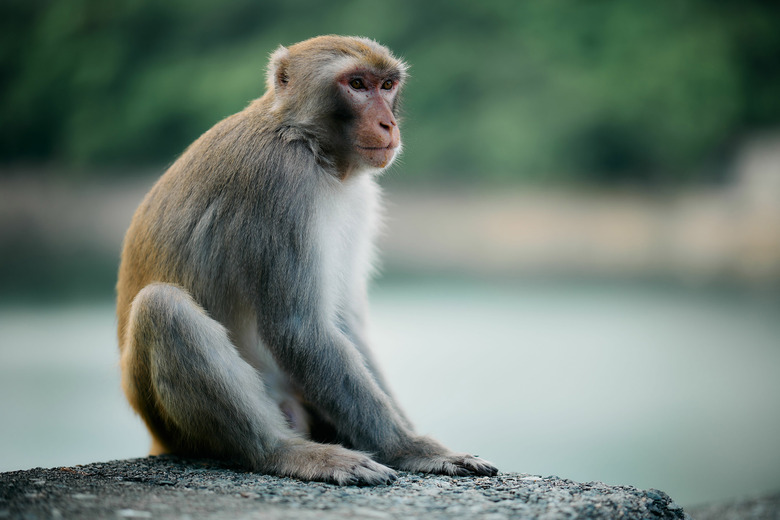Monkey Cloned By Chinese Scientists Becomes First To Live To Adulthood
A cloned monkey, now three years old, is the first to survive to adulthood. Retro, as the monkey has been named, was cloned by scientists at China's premier science academy. The successful cloning of this rhesus monkey, as well as its ability to survive into adulthood, could help push future cloning attempts further.
The scientists first cloned Retro three years ago, and they began writing about their findings when he was roughly two years old. The team says that Retro was only successfully born after they added an extra step to the conventional cloning method. And, if they can clone Retro again and make more identical clones, it could help make studying cloning much easier.
Further, the use of cloned monkeys like Retro could also allow for better studying of diseases and drug efficacy without having to worry about genetic differences interfering with the results, the team explained to South China Morning Post. Retro is, of course, only the second primate species ever to be successfully cloned. He's the first of his species and has stood the test of time thus far.
Rhesus monkeys like Retro have often been used to help study human infections and immune responses because they share a very similar genetic makeup with humans. However, like humans, these monkeys can have different genes, causing their bodies to respond differently to various diseases.
As such, having more stable access to cloned monkeys like Retro could remove the concerns about how various genes might interact with different diseases, thus allowing researchers to control medical research better. There is also the possibility that this kind of accomplishment could open for human cloning.
There are, of course, various concerns and ethical questions regarding the cloning of humans. But, with scientists seeing such a huge success with Retro and the cloning of monkeys, it is unlikely we'll see human cloning taken off the table completely.
For now, all we can do is wait and see what these scientists do from here on. Chinese scientists have also cloned super cows, so it seems they're making the greatest strides in this particular scientific endeavor.
